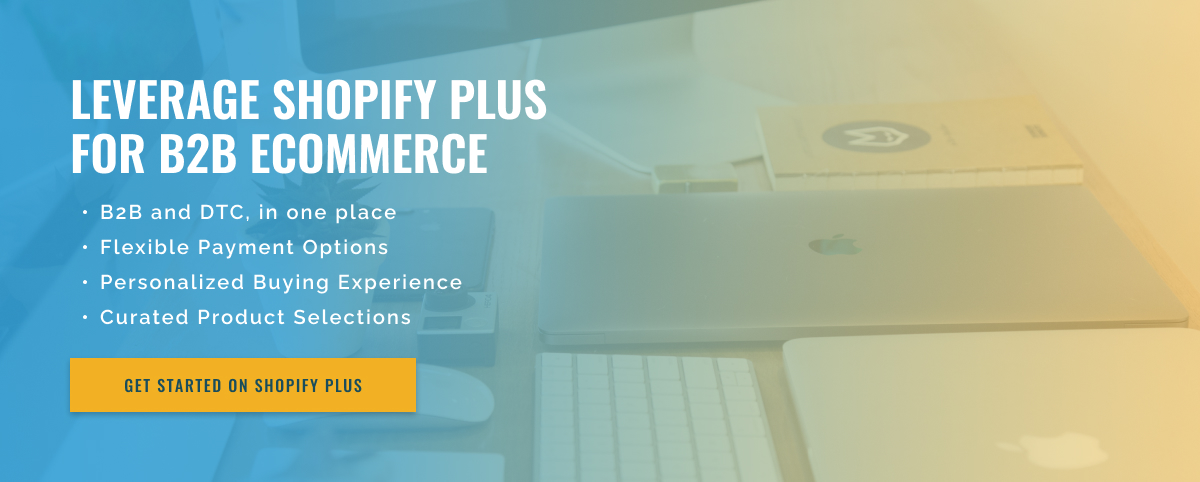3 minute read
B2B Analysis of Shopify’s Integration with Third-Party CRMs
Shopify is a popular eCommerce platform that has dominated the market for almost two decades. It offers businesses of all sizes an easy and efficient way to set up their online stores, manage inventory, and process sales. However, with the rise of B2B commerce, many businesses are wondering if Shopify can effectively integrate with third-party CRM systems to manage their B2B customer relationships. To understand the answer to this question, let’s first define B2B commerce.
B2B commerce refers to the buying and selling of goods and services between businesses, rather than between businesses and consumers. This type of negotiation is typically characterized by higher sales volumes, longer sales cycles, and more complex transactions.
One of the biggest challenges for B2B companies is effectively managing relationships with their customers. Unlike B2C customers who make one-time purchases, B2B customers typically have ongoing relationships with companies and require a more personal and personalized approach. This is where CRM (Customer Relationship Management) systems come into play.
CRM systems are software tools that help companies manage their customer interactions and relationships. They centralize customer data, track interactions, and provide insights to improve customer interactions and sales strategies. With the increasing demand for B2B commerce, many companies are turning to third-party CRM systems to effectively manage their B2B customer relationships.
Now let’s get back to the question of whether Shopify can integrate with third-party CRM systems. The answer is yes. Shopify offers a number of integrations with third-party CRM systems such as Salesforce, HubSpot, and Zoho CRM. These integrations allow businesses to sync customer data from their Shopify store to their CRM system, providing a complete overview of customer interactions and orders.
But why is this integration important for B2B companies?
First, it eliminates the need to enter data manually, saving time and reducing the risk of human error. Second, it allows companies to have a unified view of their B2B customer data and provides insights into their purchasing behavior and preferences. This information can then be used to personalize the customer experience, resulting in greater customer satisfaction and retention.
In short, Shopify integrates with third-party CRM systems, making it an ideal platform for B2B companies. With this integration, businesses can effectively manage their B2B customer relationships, thereby increasing sales and customer satisfaction. So, if you want to take your B2B business to the next level, consider integrating Shopify with a third-party CRM system to streamline your operations.

